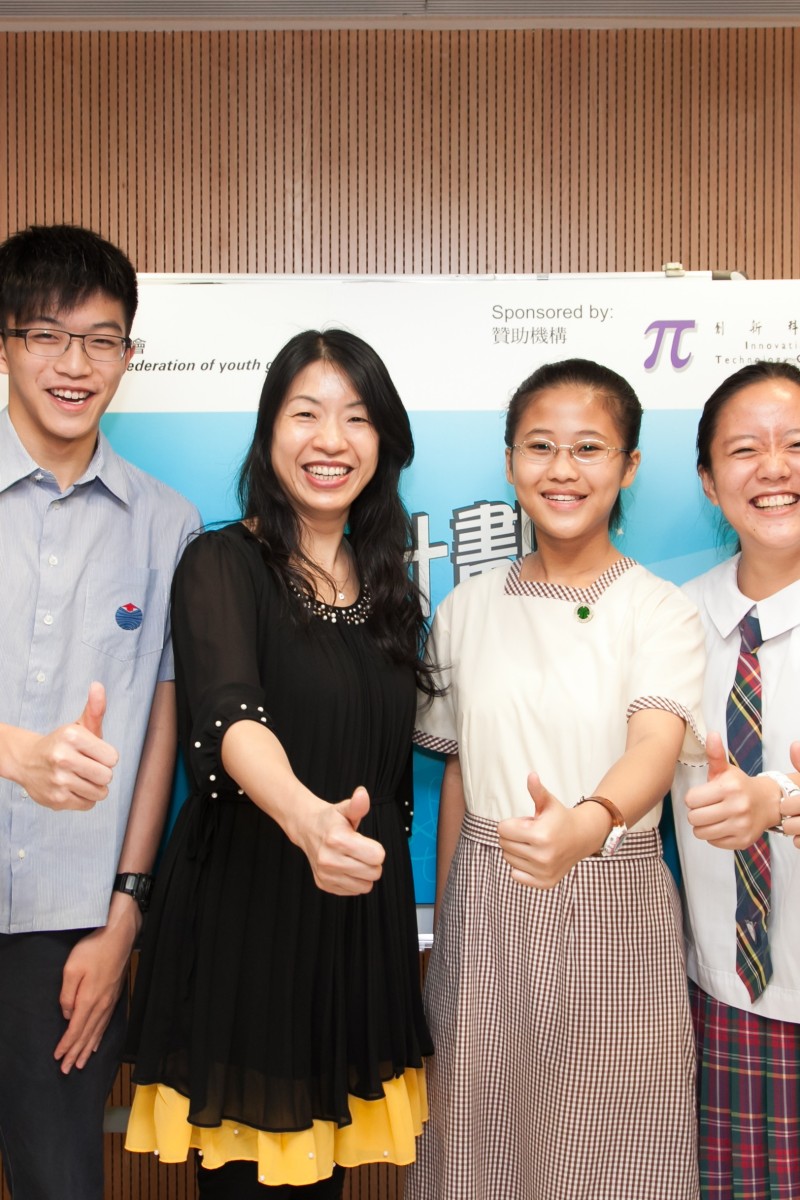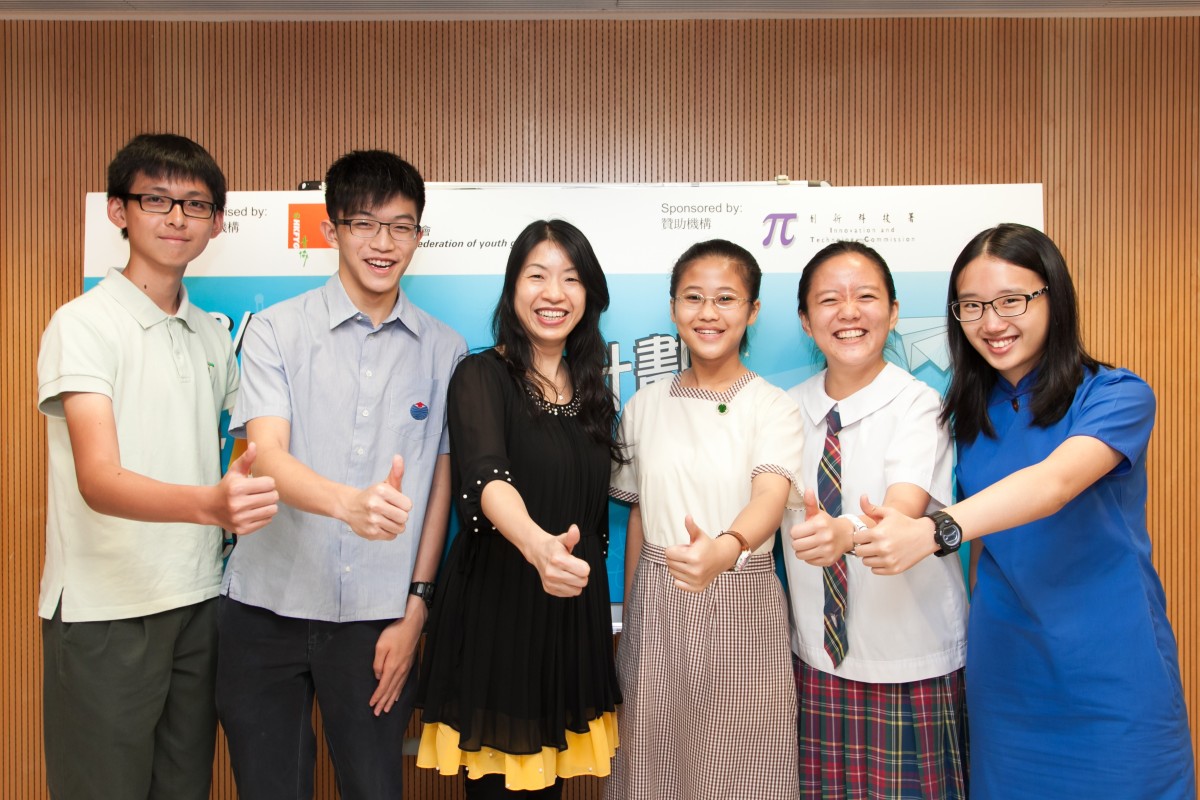
The Grand Prize is the highest honour at the Student of the Year awards, but there’s no need to feel intimidated – the judges want you to succeed as much as you do
 Alice Lui (centre, with 2014 Grand Prize candidates) says the Grand Prize isn’t about being the smartest, but making a difference.
Alice Lui (centre, with 2014 Grand Prize candidates) says the Grand Prize isn’t about being the smartest, but making a difference.Student of the Year may be fast approaching its 40th anniversary, but it remains one of the most prestigious events for students to participate in. It goes without saying that the SOTY Grand Prize takes more than the usual amount of excellence.
The Grand Prize is awarded to three all-round outstanding students who have the potential to serve as role models for everyone else. The main forms of evaluation will be the students’ academic achievements, non-academic recognition, and contributions to the larger society.
But, that isn’t all; there are many other factors that come into play.
Tammy Tam, editor-in-chief of the South China Morning Post and one of the three judges for the Grand Prize, says that she will be looking for dedication outside of academic results.
“I like to look for the student who is going above and beyond in making an impact in their community - either through helping others in need through volunteering or charity work, demonstrating a talent for music or drama, or excelling in sports while still maintaining top academic standards.”
Alice Lui, Deputy Executive Director of the Hong Kong Federation of Youth Groups and a judge for the Grand Prize, agrees.
“There are many clever students out there who might be nominated; I am looking for something that makes them stand out. They don’t necessarily have to be the most talented or the cleverest students, but I want to see their ideas influence and inspire their classmates and peers.”
As the bar is continually raised for young people, it is hard to strike a difference between stellar students, and the ones who are even more outstanding.
Francis Ngai, founder of Social Ventures Hong Kong and the last of the three judges, says he prizes authenticity in the student.
“In life’s journey, one has to learn how to be true to oneself ... learning to be authentic is the first step towards the future for the younger generation.”
One of the hardest parts of the entire nomination process is the interview. Sitting in front of the panel of judges and wondering how they will react to your speech.
Tam says that the key is to trust the process.
“Everyone who is interviewing you wants you to succeed. Also, practise some questions and answers by yourself or with a friend. Just having the mock interview can help you clarify your thoughts.”
Ngai agrees, saying that the “interview is just a process to exchange ideas and thoughts on [the student’s] life journey. The more natural, the better.”
While the prospect of winning the Student of the Year Grand Prize may sound daunting, don’t let it intimidate you. Or, as Tam says, “just be yourself!”